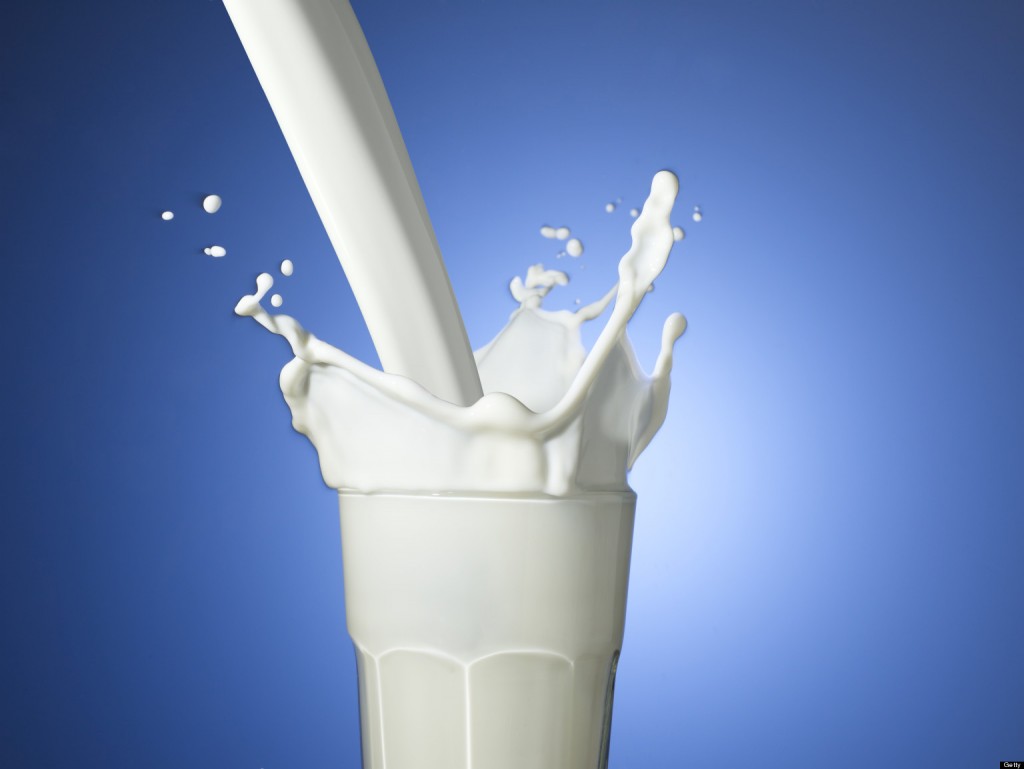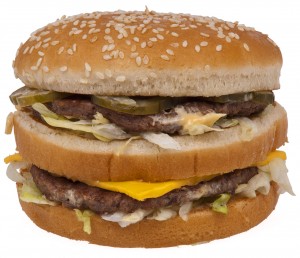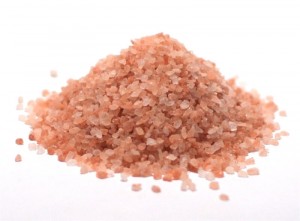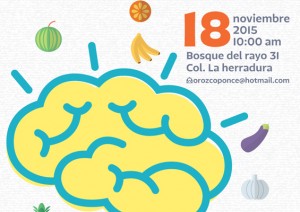
I’ve become used to hearing about corporate giant, Montsanto, suing farmers over patent infringements of its genetically-altered corn and soybean seeds – and forcing many family farms into bankruptcy, but now it’s going after dairy farmers.
Missouri-based Montsanto is a multinational agricultural biotechnology corporation. As such, it is the world’s largest producer of genetically-engineered seed, and is the world’s largest producer of the herbicide glyphosate, also known as Roundup. It is also – this, I didn’t realize – the world’s largest producer of bovine growth hormone, commonly given to dairy cows in the U.S. to increase milk production.
Artificial bovine growth hormone is a genetically engineered veterinary drug also known as recombinant bovine somatotropin, or rBST. Many people oppose the use of rBST, believing it is linked to breast cancer and premature puberty in children. Monsanto and others argue that no such link exists. Canada and the European Union have banned the use of the hormone, but the Food and Drug Administration has approved it for use in the United States.
Oakhurst Dairy, a family-owned farm in the state of Maine, openly advertises that its milk is free of growth hormone and has labels on its milk containers that read “Our Farmers’ Pledge: No Artificial Growth Hormones”. Montsanto says that this is deceptive advertising that is disparaging to Montsanto by implying that Oakhurst’s milk is healthier than milk obtained from Montsanto-treated cows.
Interestingly, farms that administer artificial growth hormone to their cows are NOT required to put that information on their labels. This seems to many consumers to be in direct conflict with their desire to know what they are putting into their bodies.
Montsanto has a reputation for aggressive litigation and political lobbying practices, and putting family farmers out of business. This is the first lawsuit they’ve brought against a dairy farmer in the past 10 years. Those of us who believe that we have a right to know what’s in our food (or not in our food) hope that it’s the last.




